Have you ever tried learning at a study cafe in Korea? In South Korea, study cafes offer a unique alternative to traditional libraries and coffee shops. Unlike libraries or public cafes, these privately-owned businesses cater specifically to the needs of avid learners. People flock to them for various reasons: to prepare for certification exams, attend online classes or seminars, do assignments, and more. The demand for study spaces is exceptionally high, especially during exam periods, proving that students often find themselves turning to off-campus study cafes for a quieter and more conducive environment for focused learning.
A 'study cafe' is a place that combines the cozy ambiance of a coffee shop with the purpose of a library. It generally offers a more relaxed atmosphere compared to a traditional library. These study cafes are scattered around cities, often concentrating in areas with dense student populations, such as around high schools or universities. Interestingly, study cafes are not exclusive to students; even working professionals frequent these spots when seeking a focused work environment. One of the key distinctions between a library and a study cafe is the level of 'openness.' In a study cafe, you are free to enjoy a drink, work on your laptop, or have quiet conversations in specifically designated areas. Moreover, study cafes are usually divided into different sections, such as 'study spaces,' 'laptop areas,' or 'group study zones.' This means you can choose the space that suits your needs. The popularity of study cafes stems from the comfort and flexibility they provide to meet your different requirements. Many Korean college students take online courses, and group study sessions are common. Therefore, study cafes cater to these evolving study methods by providing a variety of spaces to accommodate different learning needs. Another particularly appealing feature for students is that they are open around the clock, unlike school libraries that are likely to close on national holidays and most cafes in Korea that are likely to shut before midnight.
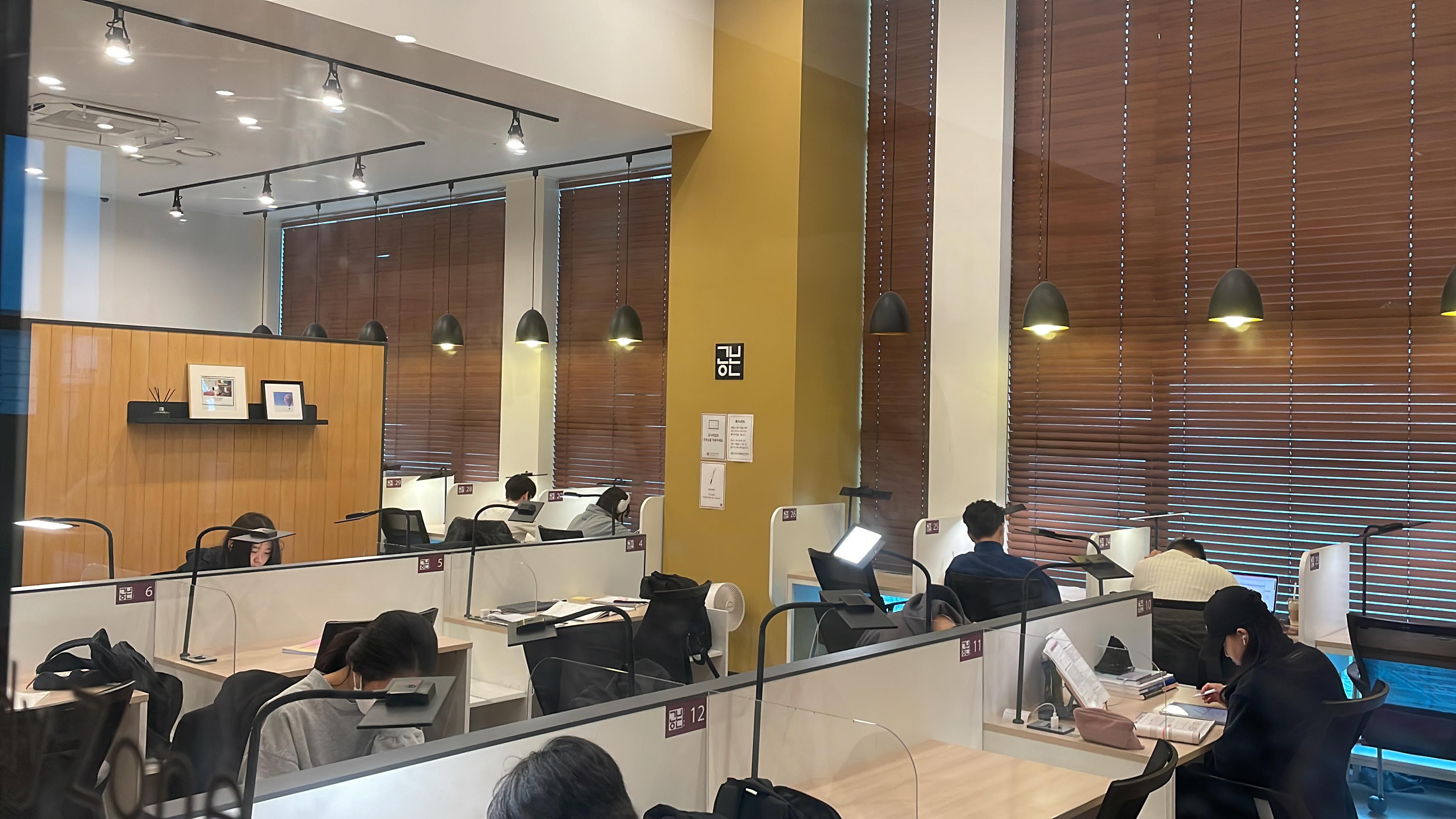 |
| ▲ Gongbon study cafe on Bojeong Street. (Photo by Dinh Phuong Thao Reporter) |
Study cafes in Korea share a common purpose, but their management styles and amenities vary. Some places primarily offer private study rooms, while others have discussion areas or separate computer rooms. Within a study room, maintaining a quiet and studious atmosphere is of paramount importance, while those who wish to engage in discussions can seek out study cafes that provide dedicated discussion rooms. It is also worth noting that some study cafes have specific rules about using personal laptops for typing. There is a clear distinction between a 'study room,' where quiet reading and studying are the norms, and a 'computer room,' where a laptop for typing may be allowed. To familiarize yourself with the settings and rules of a particular study cafe, it is advisable to check out reviews and guidelines on platforms like Naver before visiting. Typically, study cafes are self-service and are mostly unmanned. Payments are made conveniently through payment kiosks. Users can select from various options, such as hourly rates, daily passes, night passes, and even longer-term options like a week pass or a 100-hour pass. Pricing can vary, but as a rough estimate, a two-hour session usually costs around 4,000 won, while a full-day pass is typically priced at around 10,000 won.
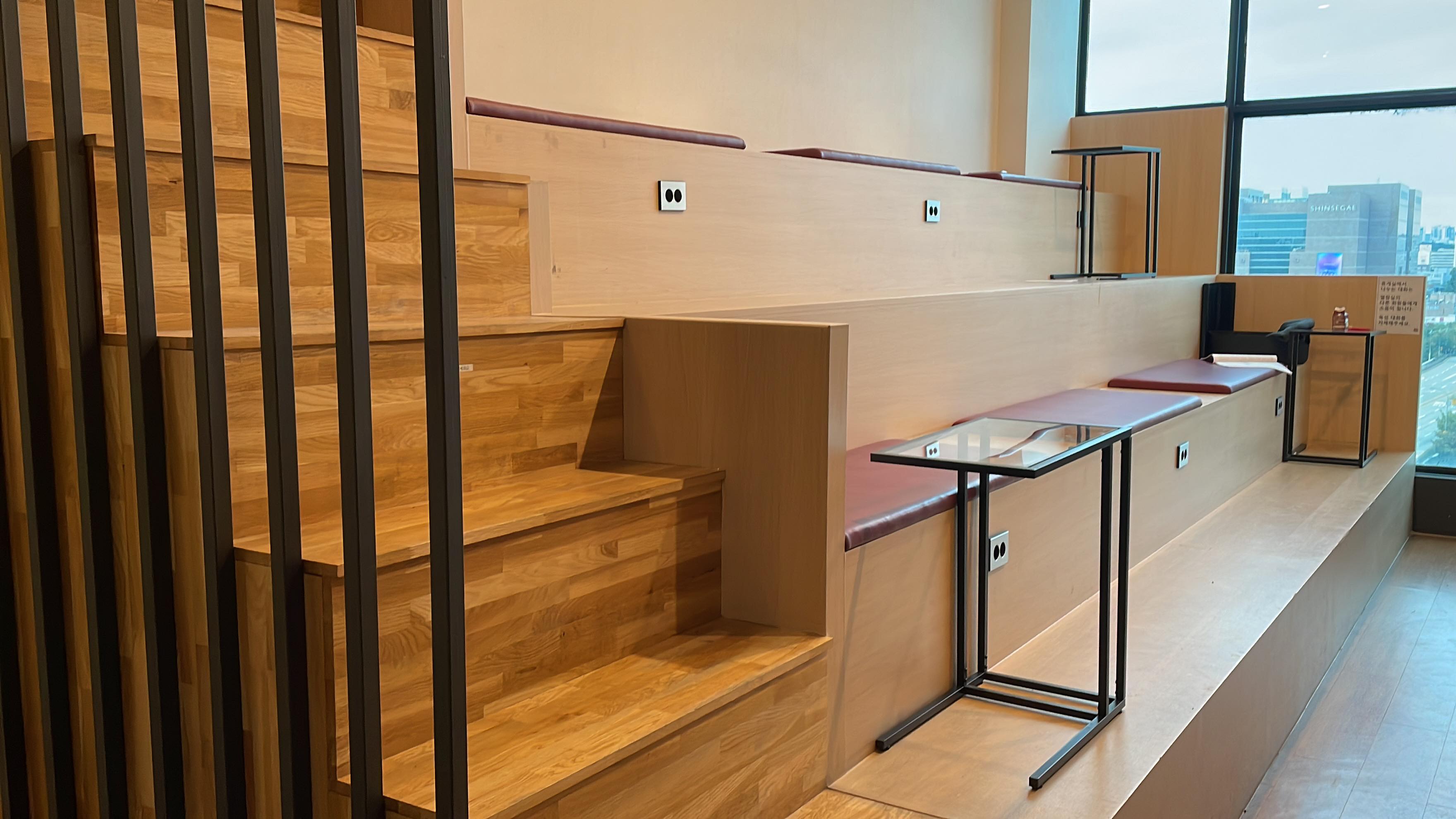 |
| ▲ Gongbon's lounge area for students to rest after long hours of studying. (Photo by Dinh Phuong Thao Reporter) |
There are various study cafes around Dankook University’s (DKU) two campuses. The Dankook Herald (DKH) visited some of the more popular spots, including Lang Study Cafe, One the Desk, Around Study Cafe, and Study Ground. First, ‘Lang Study Cafe’ and ‘On the Desk’ are conveniently situated along Bojeong Street, taking students only 15 minutes to arrive on foot from the main gate of DKU’s Jukjeon Campus. Chargers, blankets, laptop stands, and board sets are available for free in Lang Study Cafe. It also provides unlimited drinks and snacks such as coffee, non-coffee drinks, bagels, fried rice, and cakes. There are "quiet rooms" for people who are sensitive to the sounds of typing and study rooms for group meetings. In the case of ‘On the Desk,’ there are optimized desks and chairs that create an ideal learning atmosphere. You can study with white noise and manage your learning time through the entry-exit system. On the other hand, at DKU’s Cheonan Campus, you can find both ‘Around Study Cafe’ and ‘Study Ground’ on Sinbu Street. ‘Around Study Cafe’ is a 20-minute walk from the main gate. They offer a quiet place to study and coffee to help patrons stay focused during their visit. Stationery such as post-its, clips, and staplers are always available in the cafeteria for free. They even offer massage chairs as well as free beverages. Finally, ‘Study Ground’ is located 10 minutes away by bus and provides an expansive space featuring 46 one-person concentration rooms, 58 open tables, and 38 cafe tables. Additionally, coffee machines, refrigerators, and candy can be found in the lounge.
The DKH interviewed international Dankookian (Student at DKU) Daka Batsuuri (Sophomore, International Business Administration) about her first experience at a Korean study cafe called Gongbon on Bojeong Street. Initially, she thought study cafes were regular coffee shops, but after entering Gongbon, she was pleasantly surprised by the bright and well-designed interior. During her two-hour session, Daka was particularly impressed by the streamlined check-in process and the availability of spacious, distraction-free desks. Noting the conducive atmosphere for concentration, she found herself more productive compared to studying at home. Daka suggested the study cafe as an advantageous alternative for enhancing productivity, especially for reading and revising purposes, and recommended her friends use the facility, especially during the exam seasons.
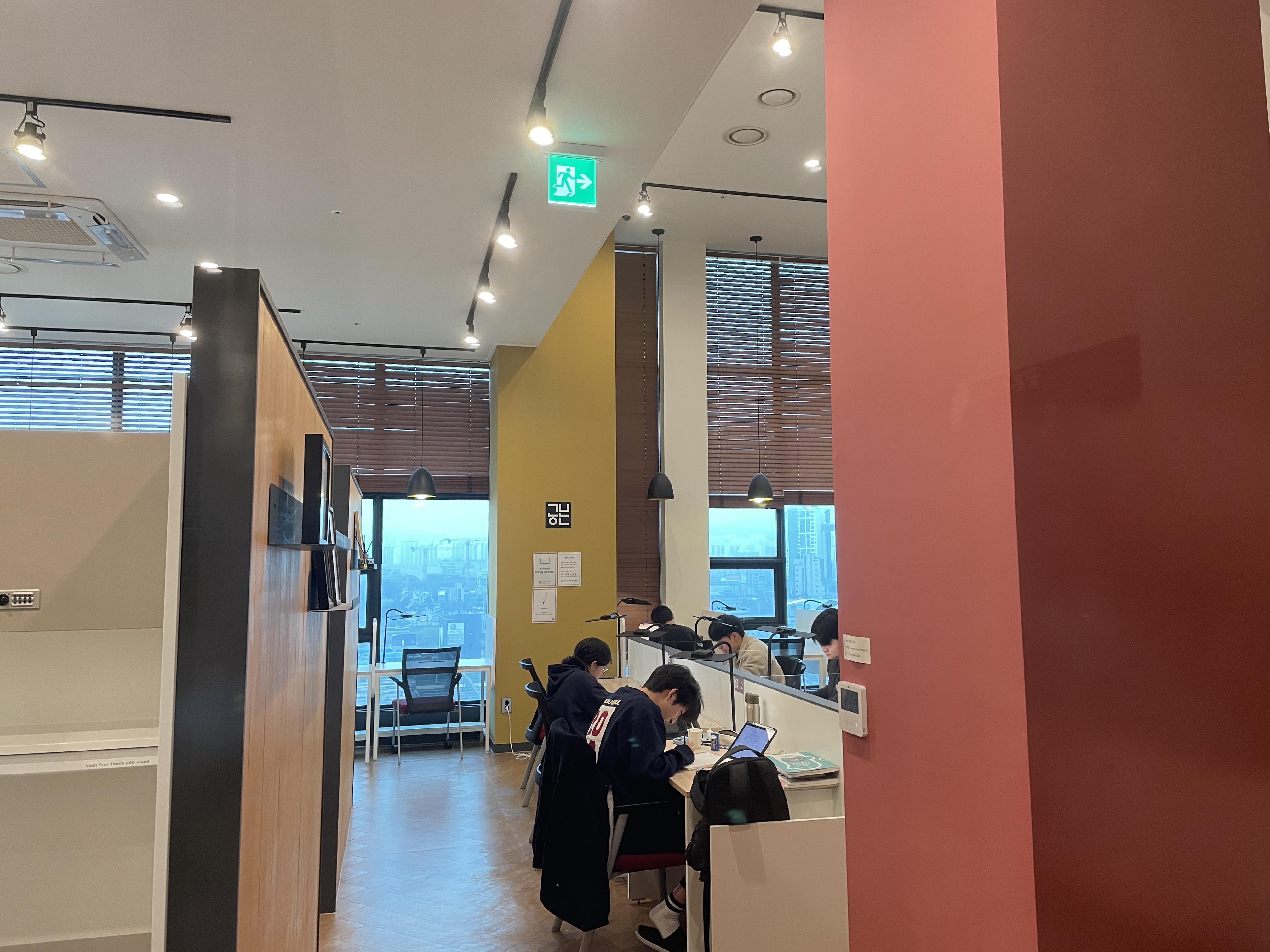 |
| ▲ Conducive atmosphere for heightened concentration. (Photo by Dinh Phuong Thao Reporter) |
If you are looking for a change from the conventional library setting, visiting a Korean study cafe is highly recommended. From the tranquil atmosphere aiding deep concentration to the well-designed interiors, study cafes in Korea truly offer ideal havens for students who are trying to find a change of heightened productivity. It can be just the refreshing and productive shift you need to give a boost to your study routine.
Dinh Phuong Thao, 홍채연, 이채현, 서지 dankookherald@gmail.com

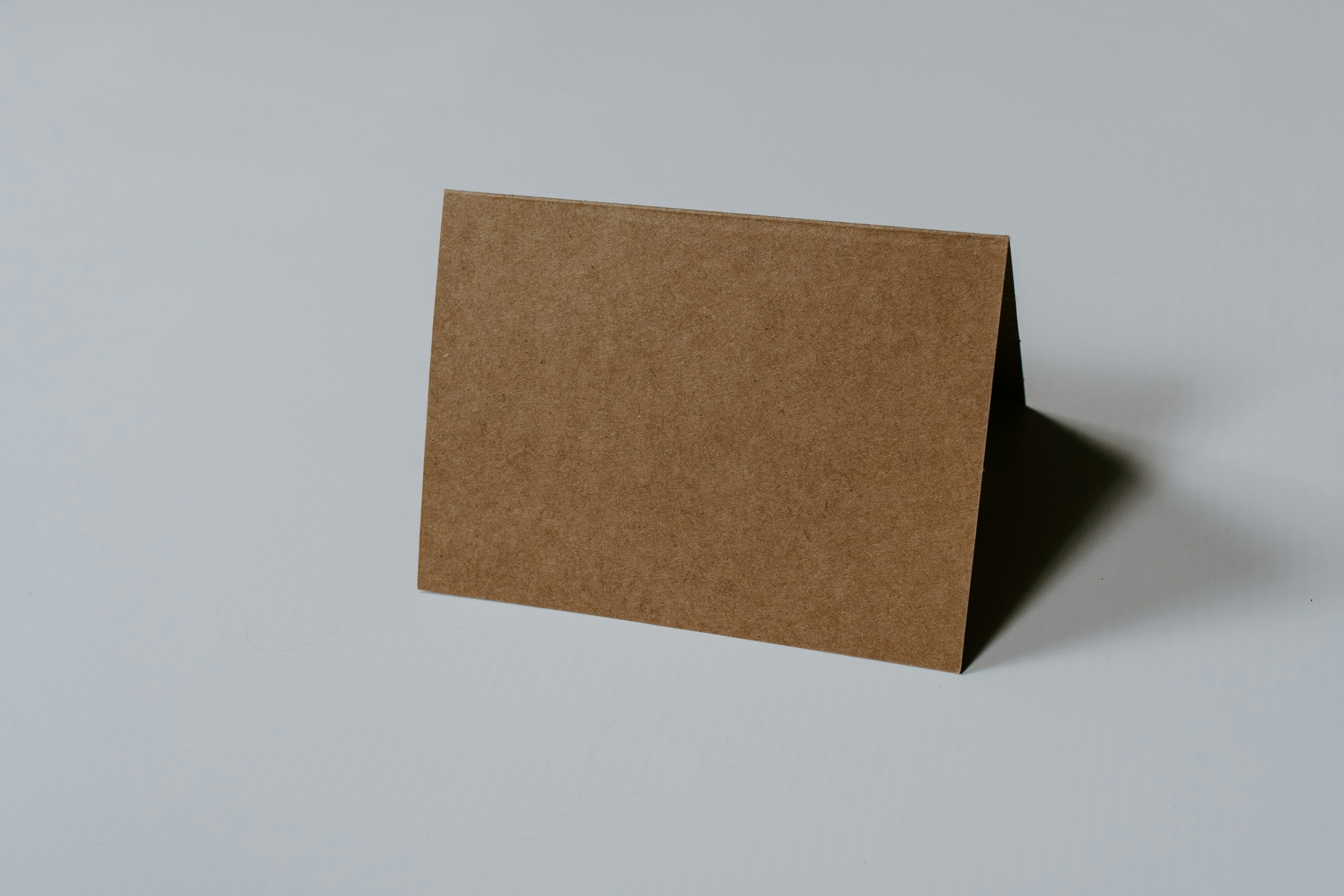 Vote for the Campus Brand Naming!
Vote for the Campus Brand Naming!
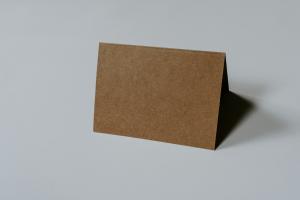
![[Campus Magnifier] Let's Surf the Library!](/news/thumbnail/202404/12496_1765_4143_v150.jpg)




